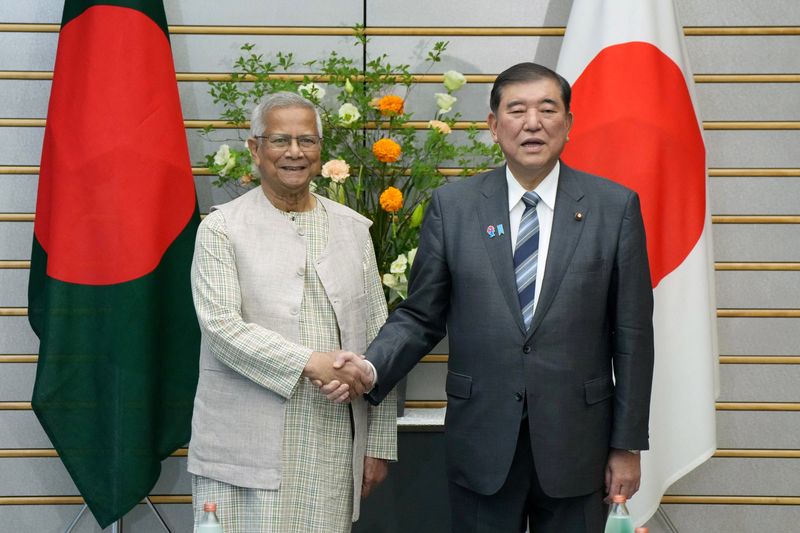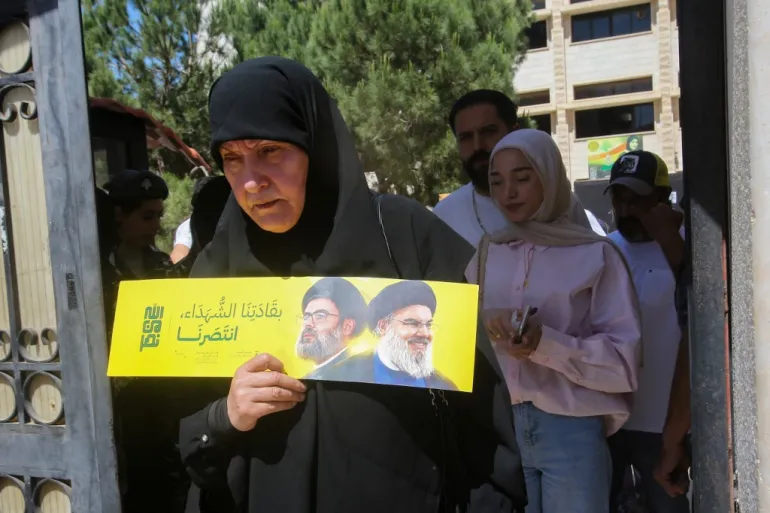An Indian university professor has been arrested under the country’s stringent anti-terror laws for allegedly criticizing a recent military operation in a social media post, sparking outrage among human rights activists and opposition leaders over the shrinking space for free speech in India.
Dr. Shweta Rao, a political science lecturer at a university in New Delhi, was detained on Sunday after she posted remarks on X (formerly Twitter) questioning the government’s handling of a cross-border military strike against Pakistan earlier this month. The arrest was made under the Unlawful Activities (Prevention) Act (UAPA), a controversial law often criticized for its vague definitions and potential misuse against dissenters.
According to Delhi Police, Dr. Rao’s post was deemed “seditious” and “an attempt to spread misinformation and provoke disaffection against the Indian armed forces.” The tweet, which was taken down shortly after her arrest, allegedly referred to the strike as “a reckless escalation that risks civilian lives on both sides.”
“She has been charged under sections related to promoting enmity, sedition, and spreading false information under the UAPA,” said a senior police officer. “Investigations are ongoing to determine whether she had any external affiliations.”
Dr. Rao’s legal team and supporters have denied any wrongdoing, calling the arrest an attack on academic freedom and democratic rights. “Dr. Rao’s post was a critical analysis, not an act of terrorism,” said her lawyer. “We are shocked that intellectual commentary is now being criminalized.”
The arrest has drawn swift condemnation from opposition politicians, civil rights groups, and university academics. The Congress party issued a statement calling the move “an authoritarian overreach designed to silence critique,” while Amnesty International demanded her immediate release, warning of a growing crackdown on free expression in India.
“This is part of a larger pattern where students, journalists, and professors are targeted for expressing dissent,” said Aakar Patel, a prominent rights activist. “The use of UAPA in such cases is deeply alarming.”
India’s government, under Prime Minister Narendra Modi, has faced increasing criticism for its use of anti-terror laws to curb criticism, especially since the abrogation of Kashmir’s special status in 2019 and the passage of controversial citizenship laws in 2020. The UAPA allows authorities to detain individuals for extended periods without trial and has been widely condemned by rights watchdogs for bypassing due process.
While supporters of the government argue that national security must be safeguarded against disinformation, critics say that labeling critical opinion as anti-national is eroding the country’s democratic foundations.
“There must be a clear distinction between constructive criticism and sedition,” said Professor Zoya Hasan, a retired academic and public intellectual. “This arrest sends a chilling message to all scholars, especially in the social sciences, who are increasingly being treated as threats rather than contributors to national discourse.”
Students at Dr. Rao’s university staged a protest on campus, demanding her release and the withdrawal of charges. “We stand by our teacher,” said a student union representative. “This is an attack not just on her, but on our right to think and question.”
The case is now being closely watched, with civil liberties advocates fearing it could set a dangerous precedent for curbing academic and journalistic freedoms in the world’s largest democracy. For now, Dr. Rao remains in custody, as her legal team prepares to challenge the charges in court and press for bail.
As the government continues to defend its actions in the name of national unity, critics warn that India is slipping into an era where dissent may be punished not with debate—but with jail.
Source: Al Jazeera



